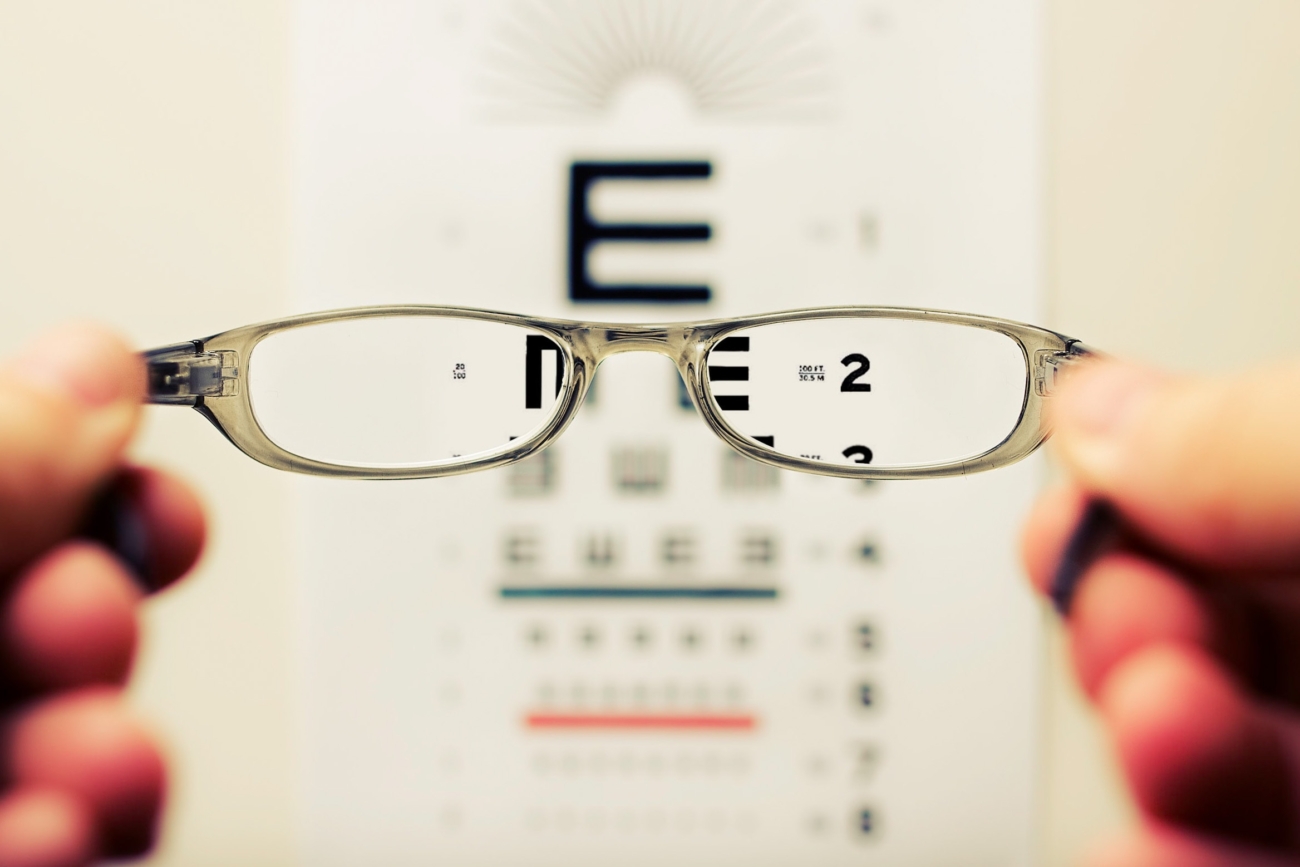8 Vitamins for Optimal Senior Eye Health
Our eyes are a complex organ that deserve just as much care and attention as other important parts of our body, like the heart and brain. Protecting our eyes with the help of certain foods and supplements can be essential for maintaining their health, particularly as we get older. So, what vitamins are good for aging eyes? We explain 8 of the best vitamins for optimal senior eye health below!
Before starting any new supplements, be sure to speak with your primary healthcare provider to ensure they are right for you.
1. Lutein and Zeaxanthin
Lutein and zeaxanthin can help provide optimal retinal function, reduce the risk of cataracts, and even help reduce eye strain from your phone or computer. These nutrients are naturally found in green leafy vegetables like spinach and kale.
2. Zinc
Zinc, an antioxidant, is another essential mineral for retinal function. It can help fight free radicals and aid in the prevention of retinal damage and reduce visual acuity loss. The best sources of zinc are legumes, nuts, seeds, red meat and shellfish, such as oysters.
3. Vitamin A
Vitamin A (also known as beta carotene) is one of the more well-known nutrients that supports eye health. An antioxidant that helps maintain a clear cornea, vitamin A is essential for night vision and producing protective eye pigments. If you’re looking to add more vitamin A to your diet, boost your intake of carrots, mangoes, cantaloupe and sweet potatoes.
4. Vitamins B6, B9 and B12
Several of the B vitamins have been shown to support eye health, in particular vitamins B6, B9 and B12. This combination can help lower your risk of developing age-related macular degeneration (AMD). Most commonly found in grains, whole grain options such as pasta, rice and bread are ideal sources of vitamin B.
5. Vitamin C
Vitamin C is another powerful antioxidant that’s essential for fighting free radicals. Not only is this vitamin excellent for a healthy immune system, it can also reduce the risk of cataracts, support blood vessel health and boost retinal function.
While oranges are the obvious choice for many, it’s easy to incorporate vitamin C in many other ways! Additional fruits and vegetables that are sources of high vitamin C include red peppers, tomatoes, papaya, guava, broccoli and strawberries.
6. Vitamin E
Vitamin E is a major player in protecting your eyes against free radicals that could otherwise cause damage. It can help slow retinal aging and is associated with lessening the risk of cataracts. Sources that are high in vitamin E include healthy fats such as avocados, butternut squash, nuts and seeds, grapeseed oil, safflower oil and trout.
7. Omega-3
Omega-3 fatty acids are notorious for their incredible anti-inflammatory properties. Healthy fats can slow eye degeneration, help prevent diabetic retinopathy, ease symptoms of dry eye disease and lessen the risk of cataracts and glaucoma.
Fish oil is a common supplement to help support vision. You can also get omega-3 fatty acids from eating fish like mackerel, herring and salmon.
8. Thiamine
Thiamine (also known as vitamin B1) is ideal for decreasing inflammation and may be able to help prevent diabetic retinopathy, damage to the retina that’s caused by decreased blood flow due to high blood sugar. Thiamine has also been known to help reduce the risk of developing cataracts. Meat, fish and whole grains such as bread and pasta all contain thiamine!
Cumberland Crossing by OceanView
Cumberland Crossing by OceanView is Maine retirement living for the 21st century! Our active retirement community allows you to leave the burden of homeownership behind and simply enjoy your retirement years to the fullest. Located in picturesque southern Maine, we offer two spacious, customizable cottages to choose from with a 100% refundable entrance fee. To learn more about our campus or schedule a tour, please contact us at Cumberland Crossing today.



